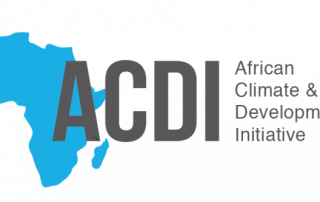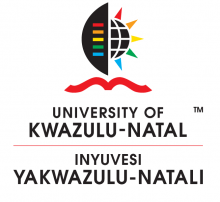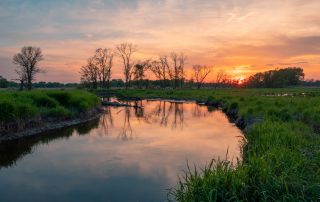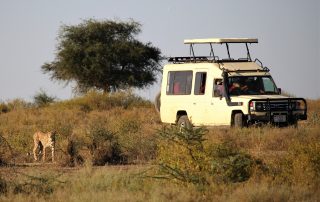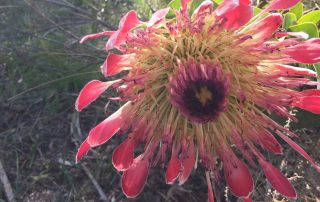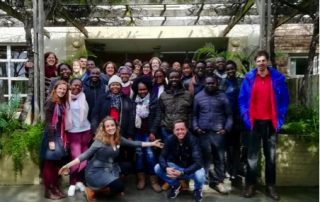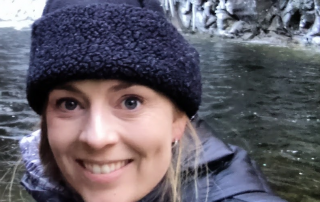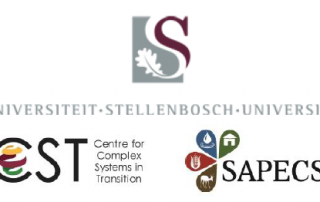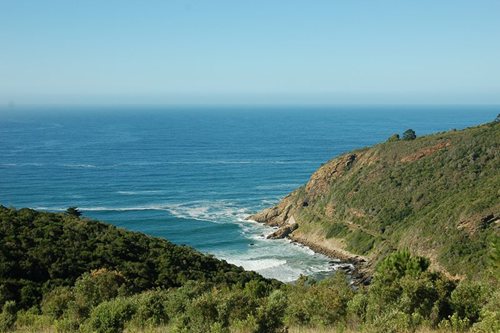VACANCY: POST DOCTORAL RESEARCH FELLOW Climate Resilient Development Pathways in Semi-Arid Regions
VACANCY: POST DOCTORAL RESEARCH FELLOW Climate Resilient Development Pathways in Semi-Arid Regions Closing Date: 16 Dec 2019 The African Climate and Development Initiative (ACDI) wishes to appoint a Postdoctoral Research Fellow (PDRF) on the project, Climate Resilient Development Pathways in Semi-Arid Regions. The PDRF will work with an international team of scientists who were part of the CARIAA (Collaborative Adaptation Research in African and Asia) research programme, to i) Synthesize a set of forward-looking findings from ASSAR, PRISE and other related projects (such as the FCFA-funded projects, FRACTAL and AMMA-2050) concerning the risks and opportunities for development in SARs; ii) [...]


